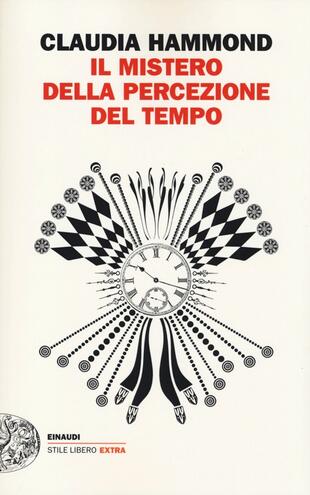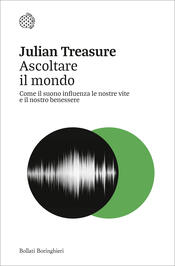

Sinossi
Avete mai provato a passare un giorno senza mai guardare che ora è? Impossibile. Eppure, sebbene il trascorrere del tempo domini ogni istante delle nostre giornate, quel che noi sappiamo a riguardo è ben poco. Di questo tema si sono occupati approfonditamente biologi, psicologi e neuroscienziati, e proprio attingendo agli esiti di questi svariati studi, Claudia Hammond riesce a offrirci un'avvincente sintesi in materia. Un apporto fondamentale per comprendere i meccanismi che governano un'esperienza fluida, mutevole e imprendibile, creata in modo costante e sempre nuovo dalla nostra mente.
- ISBN:
- Casa Editrice:
- Pagine: 320
- Data di uscita: 12-03-2013
Recensioni
Non-fiction authors, I'm going to give you like. A tiny little tip. Take it with however many grains of salt you like. But. Maybe. Just maybe. Don't treat your book of information as a collection of personal essays. Look I love personal essays; they're one of my favourite forms of writing. But that's Leggi tutto
Time Warped: A beautiful name attracting the reader to the book and describing the main theme covered within. Claudia Hammonds takes us through different experiments and theories regarding Time perception and how our brains perceive time in dual method (prospective and retrospective) simultaneously
Probably most of us have wondered why time seems to speed up as we grow older, slow down while we are bored or waiting in lines, and go fast while we are on vacations yet feel as if we’ve been away for a long time when we return. In this work Claudia Hammond shares insights from the emerging field o Leggi tutto
Time is a funny old thing. It drags whilst we’re at work or in a waiting room yet flies by at the weekend and everyone is convinced that times speeds up as we get older. In Time Warped, Claudia Hammond looks at the theories behind why this happens, investigating the mind boggling world of time perce Leggi tutto
Having just read Charles Fernyhough's excellent 'Pieces of Light', which was all about memory, this book just paled in comparison. The research was less thorough and the explanations were repetitive and sometime unclear. Where Fernyhough's book was a mixture of fiction and informed neuroscience, 'Ti Leggi tutto
As someone who is interested in the workings of our brain and our perception of time (for instance how the same period of time can be experienced as both passing fast and slow by two individuals), this book ought to be a sure winner with me. Alas, it's not quite there. The topic is plenty interesting Leggi tutto
Citazioni
Al momento non ci sono citazioni, inserisci tu la prima!























